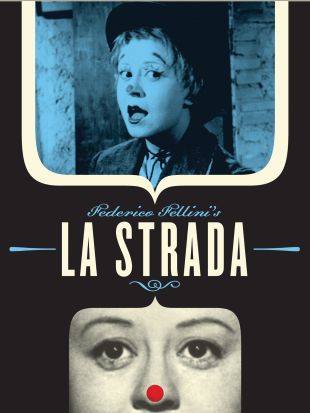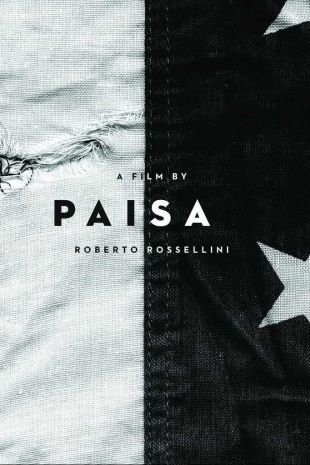Best known in conjunction with her work under the direction of husband Federico Fellini, Giulietta Masina was among the most acclaimed international actresses of the postwar era; a skilled, button-eyed comedienne equally capable of delivering poignant, emotionally charged dramatic performances, her accomplishments were often overshadowed by the groundbreaking achievements of her more celebrated spouse. Born February 22, 1921, in San Giorgio di Piano, Italy, Masina initially studied literature but later turned to acting; while attending university in Rome, she joined a drama ensemble and later signed on with the Ateneo Theatre Group. At the same time, Fellini was working as a radio scriptwriter, and based on her photographs, he cast Masina in Cico e Pallina, a series about a newlywed couple. They fell in love while working on the program and were married in 1943. Masina then retired from performing, but returned to the stage several years later.
By the late '40s, Fellini had become a well-known figure within Italian cinematic circles, and his connections helped Masina break into films; after briefly appearing in Roberto Rossellini's 1946 picture Paisà, two years later she starred in Alberto Lattuada's Senza Pieta, a performance which earned her a Silver Ribbon (Italy's most prominent motion-picture award) as Best Supporting Actress. Masina's next performance was in Fellini's 1951 feature debut Luci del Varietà. After appearing with the likes of Vittorio de Sica and Aldo Fabrizi in Cameriera Bella Presenza Offresi..., she reunited with her husband on his 1952 effort Lo Sceicco Bianco. Under Rossellini, Masina next appeared opposite Ingrid Bergman in Europa 51, but her international breakthrough came in the 1954 Fellini classic La Strada; cast as the brutalized lover of a violent circus strongman (Anthony Quinn), her much-acclaimed, star-making performance helped spur the film to a Best Foreign Language Academy Award.
The couple next collaborated on 1955's Il Bidone, followed in 1957 by Le Notti di Cabiria, which won Masina Best Actress honors at Cannes. After 1958's Fortunella, she starred with Anna Magnani in Nella Citta l'Inferno. Julien Duvivier's massive international production La Grande Vie followed in 1959, but when the film failed both financially and critically, Masina's career was irreparably damaged. Apart from a small role in 1963's Landru, her only prominent performance during the first half of the decade came in Fellini's 1965 fantasy Giulietta Degli Spiriti. A cameo in 1967's Scusi, Lei E Favorevole O Contrario? followed, as did a supporting performance in Lina Wertmuller's Non Stuzzicate La Zanzara. In 1969, Masina finally made her English-language debut in the Katherine Hepburn vehicle The Madwoman of Chaillot. Apart from occasional TV work, she did not reappear prior to 1985, starring in Fellini's Ginger e Fred as well as in Perinbaba. Aujourd'hui Peut-Etre... (1991) signalled Masina's final screen appearance; she died on March 23, 1994, less than six months after the passing of Fellini.


